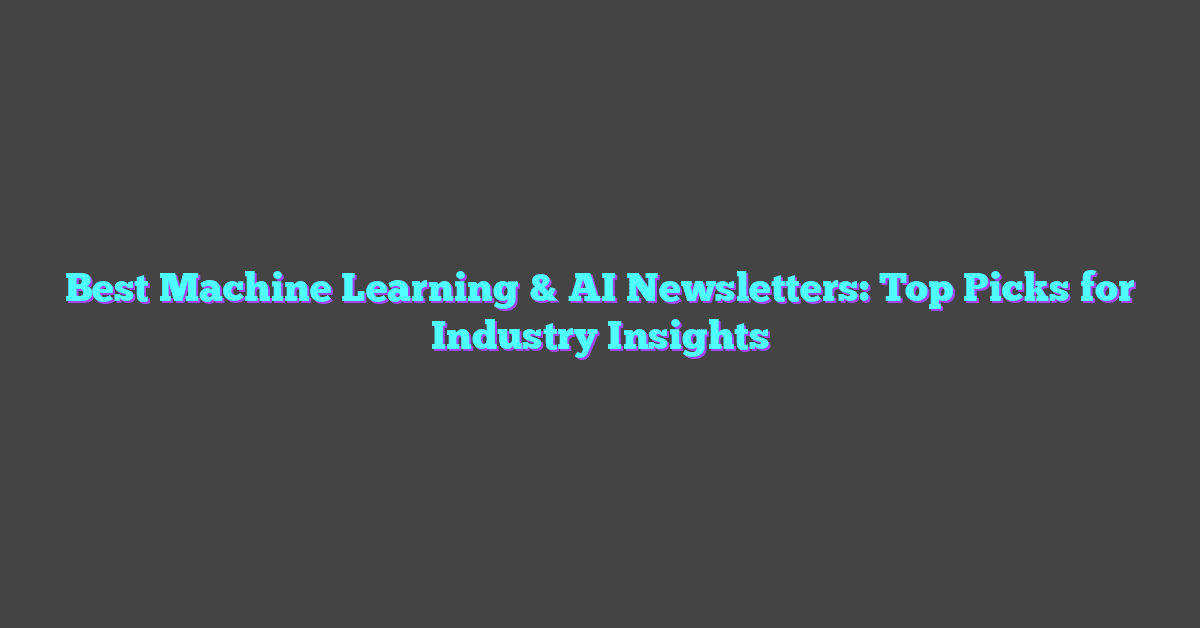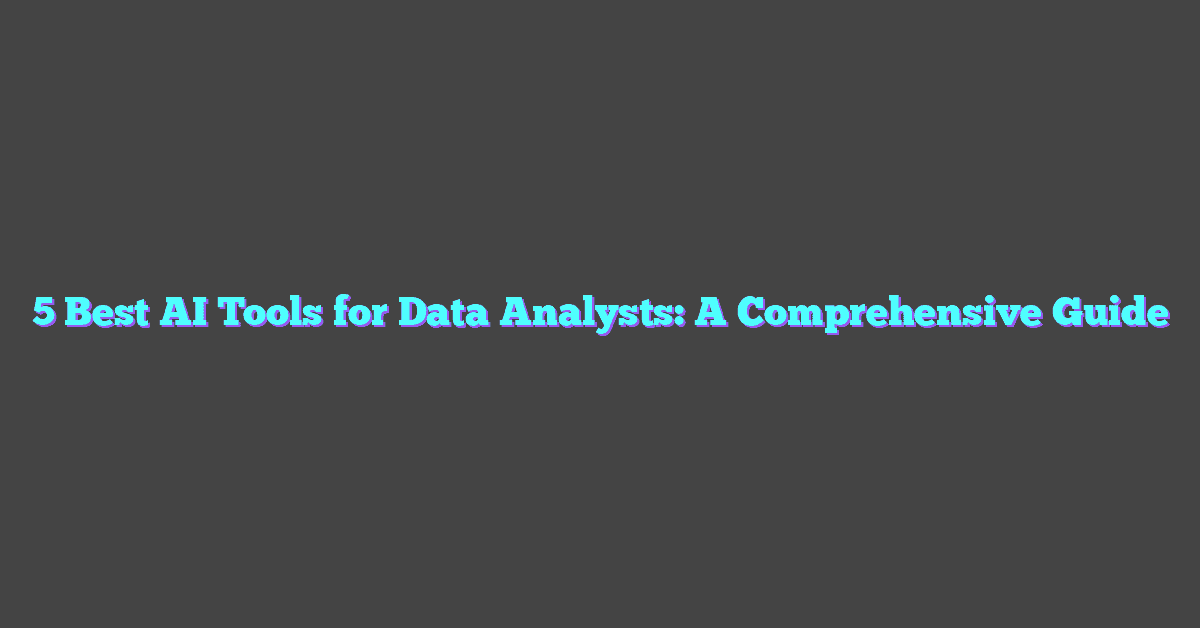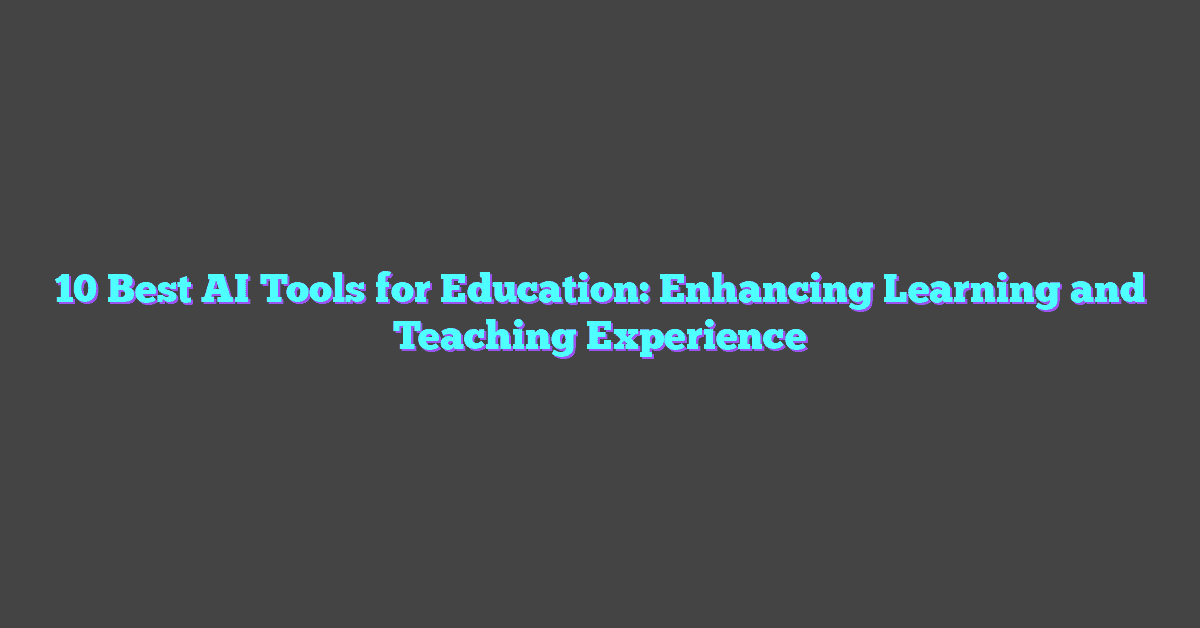In a world increasingly driven by technology, artificial intelligence (AI) stands out as a double-edged sword. While it promises to revolutionize industries and improve daily life, many believe it’s time to hit the brakes. Concerns about job displacement, privacy invasion, and ethical dilemmas are growing louder.
AI’s rapid advancement brings undeniable benefits, but at what cost? The potential for misuse, from biased decision-making to autonomous weapons, raises serious questions about its role in society. As we navigate this digital age, it’s crucial to consider whether the risks of AI outweigh its rewards.
Ethical Concerns With AI
AI technology, despite its transformative potential, brings several ethical concerns that need addressing. These issues can significantly impact society if not carefully managed.

Bias and Discrimination
AI algorithms, often trained on large datasets, can inherit and amplify existing societal biases. When datasets reflect human prejudices, the resulting AI models can produce biased outcomes, leading to unfair treatment. For instance, AI-driven hiring tools might favor certain demographics based on biased training data, perpetuating inequality in the workplace.
Lack of Accountability
AI systems often operate as black boxes, making it difficult to understand their decision-making processes. When AI decisions cause harm or ethical concerns, pinpointing accountability becomes challenging. For example, with autonomous vehicles involved in accidents, determining liability can be complex due to the opaque nature of AI decision-making. This lack of transparency poses significant ethical dilemmas and risks.
Risks to Privacy and Security
Artificial intelligence (AI) poses significant risks to privacy and security, making its unregulated use a contentious issue. These risks span various domains, including surveillance, data breaches, and information manipulation.
Surveillance and Data Breaches
AI enhances surveillance capabilities, raising privacy concerns. Advanced AI algorithms analyze vast amounts of data, enabling mass surveillance by governments and corporations. This can lead to unauthorized data collection and invasion of privacy, as seen in the Cambridge Analytica scandal where personal data of millions of Facebook users was exploited.
Data breaches become more alarming when AI systems are involved. AI can process and store vast amounts of sensitive information, making these systems prime targets for cyberattacks. Notable incidents such as the Equifax breach exposed sensitive information of over 147 million individuals, emphasizing the vulnerability of large data repositories managed by AI.
Manipulation of Information
AI can manipulate information, impacting public opinion and democracy. AI-driven bots create and spread fake news, influencing elections and public discourse. For instance, during the 2016 US Presidential election, AI-powered bots reportedly spread misinformation widely, impacting voter perceptions.
These systems also exploit user data for targeted advertising, altering consumer behavior. AI algorithms recommend products based on user preferences, but misuse of this technology can lead to deceptive practices and unauthorized data usage.
AI’s potential to revolutionize industries comes with substantial privacy and security risks. Balancing technological advancements with ethical considerations and implementing stringent regulations becomes essential to mitigate these threats.
Economic Impact of AI
Artificial intelligence is rapidly changing the economic landscape. While it offers tremendous benefits, it also brings challenges that need addressing.
Job Displacement
AI’s capacity to automate tasks is both an asset and a liability. Automation can boost efficiency, but it also threatens jobs. For instance, manufacturing jobs (e.g., assembly line workers) are increasingly taken over by robots. According to a report by McKinsey, up to 800 million jobs could be lost to automation by 2030. This shift means individuals whose roles are automated may struggle to find new employment, exacerbating unemployment and economic instability.
Wage Disparity
AI and machine learning contribute to growing wage disparities. High-skilled tech jobs (e.g., data scientists, AI developers) earn significantly more than low-skilled positions that are most susceptible to automation. Forbes highlighted that in 2021, AI specialists earned an average salary of $125,000 annually, contrasting sharply with minimum wage jobs. This widening gap could lead to social inequalities, as those unable to transition into high-skilled roles face stagnating wages and limited economic mobility.
AI in Warfare
AI-driven technologies are increasingly being integrated into military systems, raising significant ethical and security concerns.
Autonomous Weapons
Autonomous weapons, such as drones and robotic soldiers, operate without direct human intervention. These systems can identify, target, and eliminate threats based on algorithms and sensor data. While proponents argue that autonomous weapons can reduce human casualties by keeping soldiers out of danger, critics highlight the lack of accountability and potential for malfunctions. If an autonomous weapon misidentifies a target, it can lead to devastating consequences, potentially harming innocent civilians.
Global Security Threats
The integration of AI in military applications also poses global security threats. Nations with advanced AI capabilities may engage in an arms race, leading to increased tensions and instability. Furthermore, AI-driven malware and cyber-attacks can compromise national security by disrupting critical infrastructure and stealing sensitive information. If such technologies fall into the wrong hands, they could be used for malicious purposes, including terrorism. These threats underscore the need for international regulations and ethical guidelines to govern the use of AI in warfare, ensuring a balanced approach to leveraging these powerful technologies.
Conclusion
Banning AI might seem drastic but the concerns raised are significant. From privacy breaches to economic upheaval and ethical dilemmas in warfare AI’s potential for harm is undeniable. Addressing these issues requires careful consideration and robust regulations. While AI offers incredible advancements it’s crucial to weigh its risks to ensure a balanced and fair society.
Frequently Asked Questions
What are the main benefits of artificial intelligence (AI)?
AI has the potential to enhance efficiency, automate repetitive tasks, improve decision-making, and boost productivity in various industries. It can also offer advancements in healthcare through improved diagnostics and personalized treatment plans.
What are some ethical concerns associated with AI?
Ethical concerns include bias in AI algorithms, lack of accountability for AI’s actions, and the potential for misuse in surveillance and data manipulation. These issues raise questions about fairness, privacy, and human rights.
How does AI pose risks to privacy and security?
AI can be used for extensive surveillance, leading to potential infringements on personal privacy. Additionally, AI systems could be vulnerable to data breaches and manipulation, which can compromise sensitive information and lead to security risks.
What economic impacts could AI have on the job market?
AI and automation could displace up to 800 million jobs by 2030, causing significant unemployment and economic instability. Job displacement may disproportionately affect low-skilled positions, leading to wage disparities and exacerbating social inequalities.
How could AI affect wage disparities?
AI automation is likely to create a growing wage gap between high-skilled tech jobs and low-skilled positions. High-skilled workers may benefit from increased demand and higher wages, whereas low-skilled workers could face wage stagnation or job loss.
What are the ethical concerns of AI in warfare?
AI in warfare raises ethical issues such as the accountability for autonomous weapons, potential malfunctions, and the morality of using AI-driven technologies in combat. There are also concerns about reducing human oversight in critical military decisions.
What are the security threats of AI-driven military applications?
AI-driven military applications could lead to an arms race and the development of AI-driven malware for cyber-attacks. These threats emphasize the need for international regulations and ethical guidelines to ensure AI technologies are used responsibly in warfare.
Can AI reduce human casualties in warfare?
AI has the potential to reduce human casualties by using autonomous weapons like drones and robotic soldiers. However, this benefit is debated due to concerns about accountability, potential malfunctions, and ethical implications of removing human decision-making from warfare.




